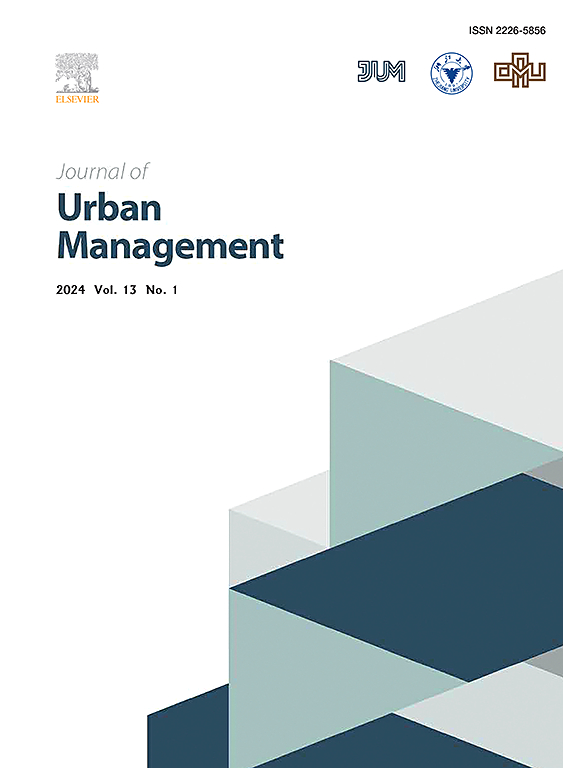Simulation-based evaluation of the impact of civic literacy on participatory urban planning: A study of introducing Shared Autonomous Vehicles
IF 5
2区 社会学
Q1 URBAN STUDIES
引用次数: 0
Abstract
As participatory urban planning has gained traction recently, the consensus-building process among citizens has become crucial to its success. In particular, the level of understanding among citizens regarding new technologies or systems in the city, referred to as civic literacy in this study, can significantly impact the quality and speed of consensus building. While frameworks exist to replicate this consensus-building process, no research has considered differences in civic literacy or applied them to participatory urban planning issues. This study proposes a simulation-based method to quantitatively evaluate how civic literacy influences the consensus-building process for new policies. Consensus building process of the introduction of Shared Autonomous Vehicles (SAVs) was examined as a case study. The python-based multi-agent simulator was built based on the group decision making framework combining with the level of understanding among citizen stakeholders which is represented by two factors: utility bias from true values and their variance (degree of uncertainty) regarding the benefits of SAVs. Through Monte Carlo simulations with several conditions, we observed significant variations in the patterns of change in both the speed and quality of the consensus-building process due to differences in initial values. For instance, changing the information level can, in some cases, more than double the time required for consensus. This effect varies greatly depending on the rigor of the consensus and the strength of the bias.
公民素养对参与式城市规划影响的模拟评估:引入共享自动驾驶汽车的研究
由于参与式城市规划最近获得了牵引力,在公民之间建立共识的过程已成为其成功的关键。特别是,市民对城市新技术或新系统的理解水平,在本研究中被称为公民素养,可以显著影响共识建立的质量和速度。虽然存在复制这一建立共识过程的框架,但没有研究考虑到公民素养的差异或将其应用于参与性城市规划问题。本研究提出了一种基于模拟的方法来定量评估公民素养如何影响新政策的共识建立过程。以共享自动驾驶汽车(sav)引入的共识构建过程为例进行了研究。基于python的多智能体模拟器基于群体决策框架,结合公民利益相关者之间的理解水平,由两个因素表示:真实值的效用偏差和他们对SAVs收益的方差(不确定性程度)。通过蒙特卡罗模拟几种条件,我们观察到由于初始值的差异,共识建立过程的速度和质量的变化模式存在显著差异。例如,在某些情况下,改变信息级别可能会使达成共识所需的时间增加一倍以上。这种影响因共识的严谨性和偏见的强度而有很大差异。
本文章由计算机程序翻译,如有差异,请以英文原文为准。
求助全文
约1分钟内获得全文
求助全文
来源期刊

Journal of Urban Management
URBAN STUDIES-
CiteScore
9.50
自引率
4.90%
发文量
45
审稿时长
65 days
期刊介绍:
Journal of Urban Management (JUM) is the Official Journal of Zhejiang University and the Chinese Association of Urban Management, an international, peer-reviewed open access journal covering planning, administering, regulating, and governing urban complexity.
JUM has its two-fold aims set to integrate the studies across fields in urban planning and management, as well as to provide a more holistic perspective on problem solving.
1) Explore innovative management skills for taming thorny problems that arise with global urbanization
2) Provide a platform to deal with urban affairs whose solutions must be looked at from an interdisciplinary perspective.
 求助内容:
求助内容: 应助结果提醒方式:
应助结果提醒方式:


